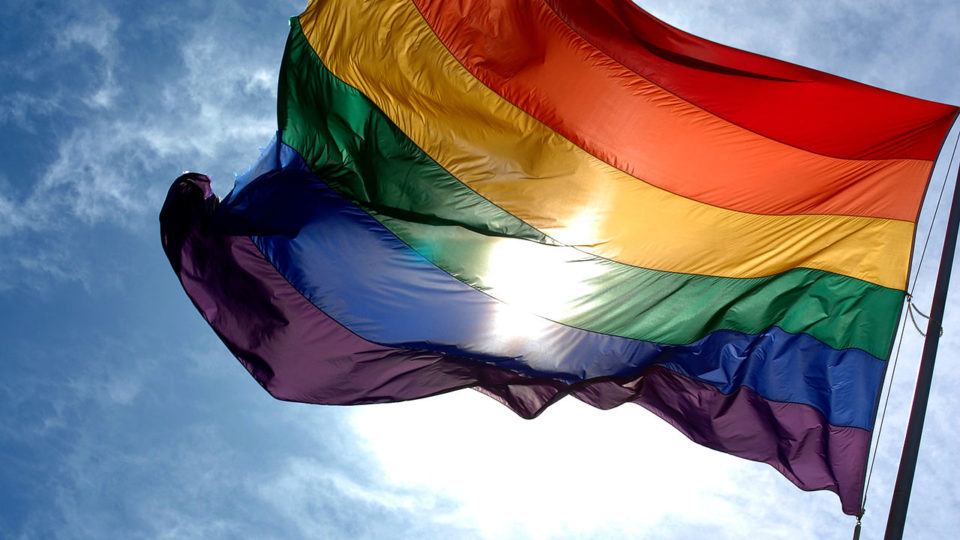A local student activist has joined many from the LGBT community who have expressed disappointment at the opposition Workers’ Party (WP) after chief Pritam Singh said it will not push for the repeal of Singapore’s anti-gay sex law.
On Friday, Pritam said in a speech at the National University of Singapore that his party’s central executive committee has not developed a consensus on the issue as views within the party vastly differ on the matter.
“We don’t need heroes to save us”
In response, local activist Daryl Yang said in a Medium post on Saturday that he was disappointed in the speech but insisted the local queer community should not expect parties like the Workers’ Party to bring the change they want to see in Singapore.
“This is only a reminder that change will not come from our political representatives,” he said. “The disappointment perhaps comes from that unspoken hope that WP (or some other political party) might stand up to Goliath and liberate us all from our legal shackles.”
“That was and should never be the story we tell ourselves of how our liberation will look like.”
Instead, Daryl said that it is up to the queer community to push for the change it wants, although he noted that it would not come easy amid conservative ideals in the country.
“We do not need heroes to save us. The marginalized and the oppressed have always had to save ourselves. Others before us have done so many times, and we will do so in Singapore, eventually. We will get there.”
Daryl co-founded Singapore’s Inter-University LGBT Network and served as executive director, and he also served as the advocacy director of CAPE (Community for Advocacy & Political Education) – a student group that he also co-founded in Yale-NUS College.
He believed that WP’s position is not surprising given how “a liberal platform” will not win the party more votes “given the political realities in Singapore”.
In fact, he agreed with Pritam that the matter should not be “a matter of partisan politics” as people do not lead single-issue lives – a quote he pulled from civil rights activist Audre Lorde.
However, in his opinion piece, Daryl raised three points in Pritam’s speech that he was concerned by:
1) Close similarities to a 2007 speech by prime minister Lee Hsien Loong
Daryl pointed out how Pritam’s points are not new, and in fact, reportedly echo a 2007 speech made by Singapore prime minister Lee Hsien Loong in parliament during a debate about the country’s anti-gay sex law, Section 377A.
Compare this point by Pritam…
“We must consider homosexual friends who are coming out and their family members who (are) coming to terms with their sexuality too. Can they not be better supported if they face prejudice and depression?”
…with this point by PM Lee:
“We should not make it harder than it already is for (LGBT people) to grow up and to live in a society where they are different from most Singaporeans.”
Daryl also pointed out other similarities in the speeches such as both leaders valuing gay people around them – especially with PM Lee having a gay nephew – although Pritam’s speech was more optimistic about the country coming to a consensus on Section 377A over time.
“The similarities with (ruling party People’s Action Party’s) position significantly outweigh the differences,” he said. “It is understandably difficult to diverge from PAP’s position of compromise but that makes me wonder why he would give the speech in the first place.”
2) Framing a culture war by highlighting only opposing sides
Daryl criticized Pritam for his irony in highlighting how the Section 377A debate was between “pro-family” and “right-to-love” camps when Pritam himself wants to get rid of the “culture war” between conservatives and liberals.
“Ironically, his speech has since become a ‘lightning rod’ for praise from the ‘pro-family’ camp and criticism from the ‘pro-love’ camp,” said Daryl.
Instead, Daryl said Pritam should have highlighted the middle ground more: religious people who want to support their queer friends, and queer people who fear the repeal will mean hate mobs will destroy their lives.
“The lived realities reveal a very different picture: of ambivalence, of sacrifice, of doubt and faith,” said Daryl who pointed out that a number of support groups have emerged to help those who are queer and religious.
3) Moral courage is also acknowledging the LGBT position in society
Daryl also was uncomfortable with how Pritam said “moral courage” was needed to talk about Section 377A because LGBT people face a much different reality than other Singaporeans.
“Moral courage requires the acknowledgment that beyond the debate over whether to repeal Section 377A, there is real suffering and harm that continue to afflict queer people in Singapore,” he said.
The author pointed out how LGBT people only learn from sexual education classes that manifesting their sexual feelings is a crime, and how Pritam should acknowledge that these people may continue to face bullying and discrimination in schools and workplaces.
“Queer folks have listened for a long time in silence how we are an abomination and a taint on the social fabric of our society,” said Daryl. “We can lower ourselves no more than we have already been lowered. All we ask is to be heard, to be seen, to exist and to live.”
Fair points here made by Daryl, which reminds us of the possible consequences of schools not teaching proper sexual education as seen in this Indonesian comic:




